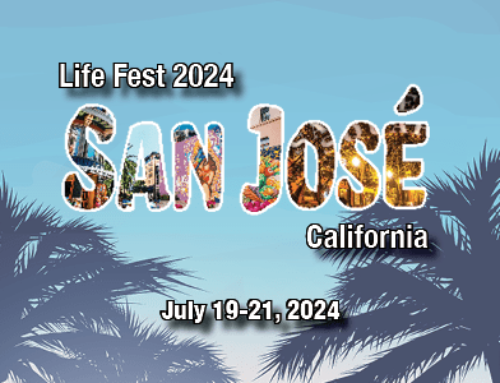The Life Raft Group was recently part of team of authors on a collaborative position paper entitled, ‘Undetected KIT and PDGFRA mutations: an under-recognised cause of gastrointestinal stromal tumours (GISTs) incorrectly classified as wild-type’, published in Pathology: The Journal of the Royal College of Pathologists of Australia.
Recent advances in GIST research have provided further insight on the different biomarkers that drive GIST and the technology to identify these biomarkers has also evolved over the years. However, there have been reports of undetected KIT or PDGFRA mutations in GIST resulting in incorrectly classifying some patients as wild-type.
These findings were highlighted in previous publications by Dr. Maria Pantaleo and team. After reviewing these publications, Senior Director of Research & Data Management, Denisse Montoya along with Data Analyst Jerry Call identified two cases from the LRG GIST Patient Registry where two patients were wrongly classified as “wildtype” and an erroneous treatment plan was prescribed. After a more extensive NGS test was performed on these patients, a KIT mutation was discovered, and the right treatment was prescribed to patients which later showed successful shrinkage and results. Executive Director Sara Rothschild leveraged her knowledge of the subject matter and networked with Dr. Maria Pantaleo and team to discuss this issue and informed her about the two identified cases.
Dr. Maria Pantaleo, Dr. Annalisa Astolfi, Dr. Anthony Gill, Dr. Brian Rubin along with the Life Raft team worked together in drafting this important position paper to increase awareness on this critical issue. These findings highlight the need for advanced biomarker testing for patients with KIT/PDGFRA wildtype GIST, to further identify and unveil the active biomarkers driving the GIST and hence ensuring that patients receive the appropriate treatment plan. Another key recommendation is that patients that receive a KIT/PDGFRA wildtype GIST diagnosis should be referred to centers with a wide range of experience and have access to the latest NGS-based tools in molecular diagnostic in GIST.




